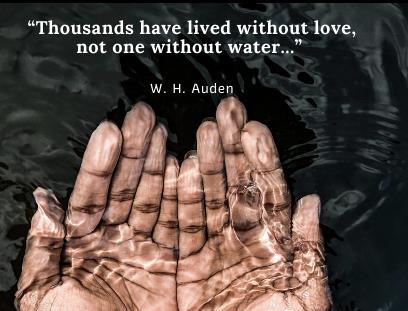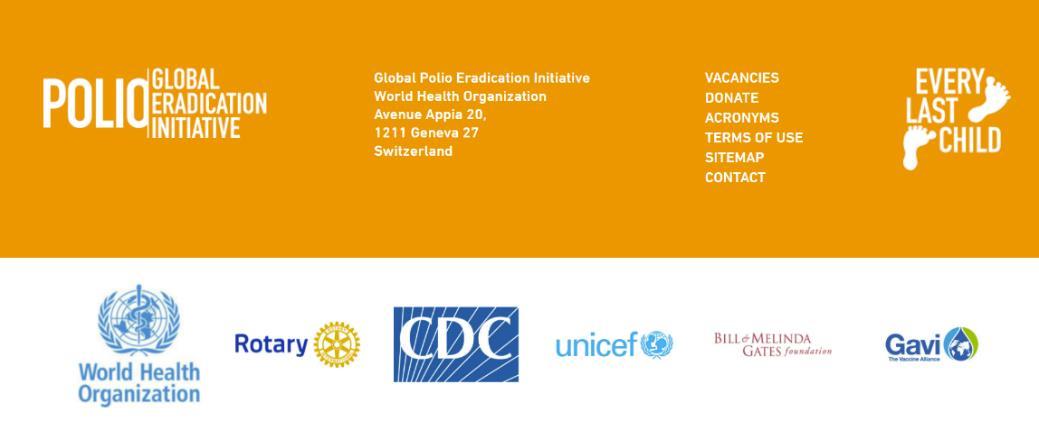
3 minute read
U.N. INTERNATIONAL DATES TO NOTE (plus links)
Sunday, April 2
World Autism Awareness Day
Advertisement
Wednesday, April 5
International Day of Conscience
Thursday, April 6
International Day of Sport for Development and Peace
Friday, April 7
United Nations' World Health Day Day of Remembrance of the Victims of the Rwanda Genocide
Saturday, April 22
Earth Day
Monday, April 24
International Day of Multilateralism and Diplomacy for Peace
Tuesday, April 25
World Malaria Day
Friday, April 28
World Day for Safety and Health at Work
Sunday, April 30
International Jazz Day
Summary of new polioviruses this week:
• Pakistan: one wild poliovirus type 1-positive environmental sample
• Benin: one circulating vaccine-derived poliovirus type 2 (cVDPV2) case
• Burundi: one cVDPV2 case and five cVDPV2-positive environmental samples
• Chad: two cVDPV2 cases
• Democratic Republic of the Congo (DR Congo): six cVDPV2 cases
• Niger: one cVDPV2 case
For more information, click here - http://polioeradication.org/polio-today/polio-now/this-week/ Click here to learn the difference between Wild Polio Virus (WPV) and Vaccine-derived Polio Virus. (VDPV)
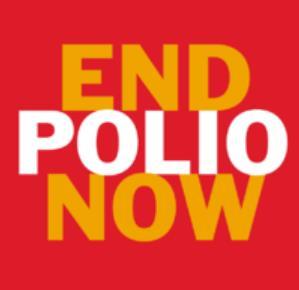
GPEI* STATEMENT ON cVDPV2 DETECTIONS
In Burundi and Democratic Republic of the Congo (DRC)
March 16, 2023
Through ongoing surveillance, the Global Polio Eradication Initiative (GPEI) has received notification of the detection of circulating vaccine-derived poliovirus type 2 (cVDPV2) in Burundi and the Democratic Republic of the Congo (DRC) linked with the novel oral polio vaccine type 2 (nOPV2).
The viruses were isolated from the stool samples of seven children with acute flaccid paralysis (AFP) – six in DRC (eastern Tanganyika and South Kivu provinces), one in Burundi (Bujumbura Rural province) – and from five environmental samples collected in Burundi (Bujumbura Mairie province).
All reported isolates stem from two separate and new emergences of cVDPV2 linked with nOPV2 that originated in Tanganyika and South Kivu provinces in DRC.
GPEI is supporting local authorities in both and neighbouring countries to conduct a thorough risk assessment and plan vaccination responses to reduce the risk of further transmission, as per outbreak response protocols.
Burundi and DRC have scheduled initial vaccination campaigns to be conducted in April and based on the ongoing risk assessment, subsequent campaigns may be expanded to include areas in neighbouring countries.
Additionally, both AFP and environmental surveillance are being stepped up in the areas of detection, and the operationalization of further environmental surveillance sites is being evaluated. Samples from Burundi, DRC, and neighboring countries are also being prioritized for testing by the Global Polio Laboratory Network.
These are the first instances of cVDPV2 linked with nOPV2 since roll-out of the vaccine began in March 2021.
While detection of these outbreaks is a tragedy for the families and communities affected, it is not unexpected with wider use of the vaccine.
All available clinical and field evidence continues to demonstrate that nOPV2 is safe and effective and has a significantly lower risk of reverting to a form that cause paralysis in low immunity settings when compared to monovalent oral polio vaccine type 2 (mOPV2).
To date, close to 600 million doses of nOPV2 have been administered across 28 countries globally, and the majority of countries have seen no further transmission of cVDPV2 after two immunization rounds.
Throughout the vaccine’s extensive field use, the strains in DRC and Burundi are the only two cVDPV2 emergences detected that have been linked with nOPV2. A preliminary assessment suggests an estimated 30-40 new cVDPV2 emergences, conditional on surveillance inputs, would have been detected by 1 March 2023 if mOPV2 was used instead of nOPV2 at the same scale.
Focused safety, effectiveness and genetic stability monitoring will continue for the duration of the vaccine’s use under WHO Emergency Use Listing (EUL) and work continues to advance towards nOPV2’s WHO prequalification, expected by the end of this year.
*Global Polio Eradication Initiative
Importantly, eastern DRC is classified as one of GPEI’s seven most consequential geographies for poliovirus outbreak risk.
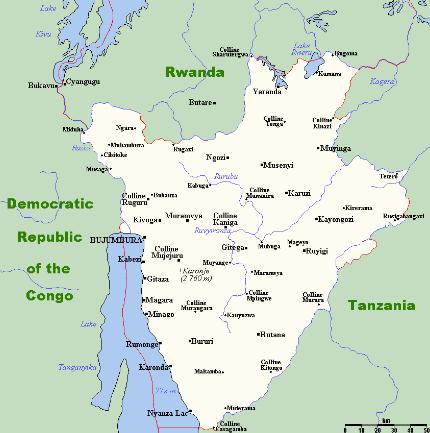
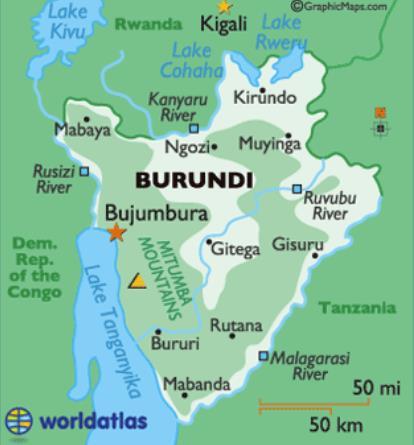
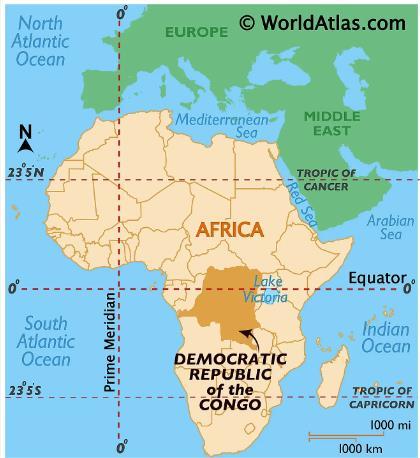
Complex humanitarian challenges in the country, including insecurity, have created longstanding barriers to reaching every child with the polio vaccine. This has contributed to the continued spread of variant poliovirus within DRC and its exportation to nearby countries.
GPEI continues to adapt its strategy and work with local authorities to protect all children from this devastating disease through targeted, flexible campaign efforts.
Ultimately, no vaccine sitting in a vial can protect a child. The success of nOPV2 and any polio vaccine depends on the ability to rapidly implement high-quality immunization campaigns to ensure that every child is vaccinated and poliovirus’ spread is stopped.
Click here to read more.
WASH Rotary Action Group supports and ensures sustainable long-lasting clean water, sanitation, and hygiene programs to communities in need.
